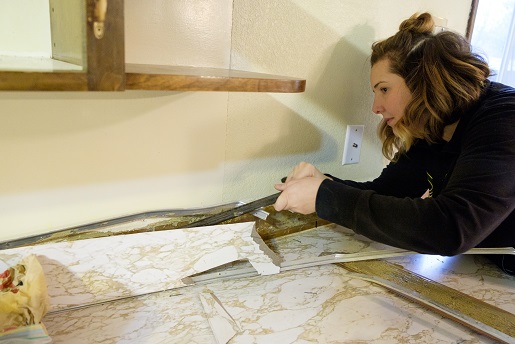You might be familiar with the situation where you have a demanding client and finish your project on time, just to make sure you don’t get into any trouble with them. You wait for your payment, but it never comes.
This is a sad reality for independent contractors. Even the most experienced ones have been in a situation where they had an extremely difficult time getting paid. While I was going through BICA’s guide to CA, I was shocked to see how so many of the testimonials sounded so similar. Unfortunately, there isn’t a dedicated government agency that will help you out here. You have to take the necessary steps yourself. So, what can you do to ensure the client pays you?
1. Try a Personal Approach
Letters might not work all the time. It’s much easier for the client to ignore you if all they’re getting from you are letters. You can take it a step further and give them a call. If the company you’re dealing with is large, try calling someone in the purchases or accounts payable department. If they’re not being helpful, go up the ladder further — all the way up to the president or CEO of the company, if necessary. Explain to the client the importance of cash flow to your business. If the calls don’t work, pay the person in charge of paying you a personal visit.
2. The Importance of Persistence
If you persist, you have a much higher chance of getting paid than if you remain quiet. If you’re dealing with a client who is going through tough financial times and only has enough to settle the bill with one of their creditors, they’re likely to settle it with the one that pesters them the most. All the same, try not to harass them or lose your temper as you might get into trouble with the law for that.
3. Lawsuit in a Small Claims Court
There are two avenues for this. You can either do it in a small claims court or superior court. If the debt is between $2,000 and $7,500, you can sue the client in a small claims court. You can also sue in a small claims court if you’re owed a large amount but are willing to waive the excess. These courts have the advantage of being able to resolve disputes quickly.
4. Lawsuit in a Superior Court
If the client owes you a large amount of money, you can take them to a municipal court. You can hire a lawyer or handle it yourself. Most of the time, the client will agree to pay before you have to go to trial.
5. Arbitration
Rather than sue the client, you can opt for arbitration. If the client agreement has an arbitration clause, then this might be the more suitable conflict resolution method for you. In fact, if the contract does have such a clause, then you cannot sue the client in any court. That’s not a bad thing as arbitration is much faster and cheaper, and the judgments passed can be enforced just the same as those determined in a regular court.















